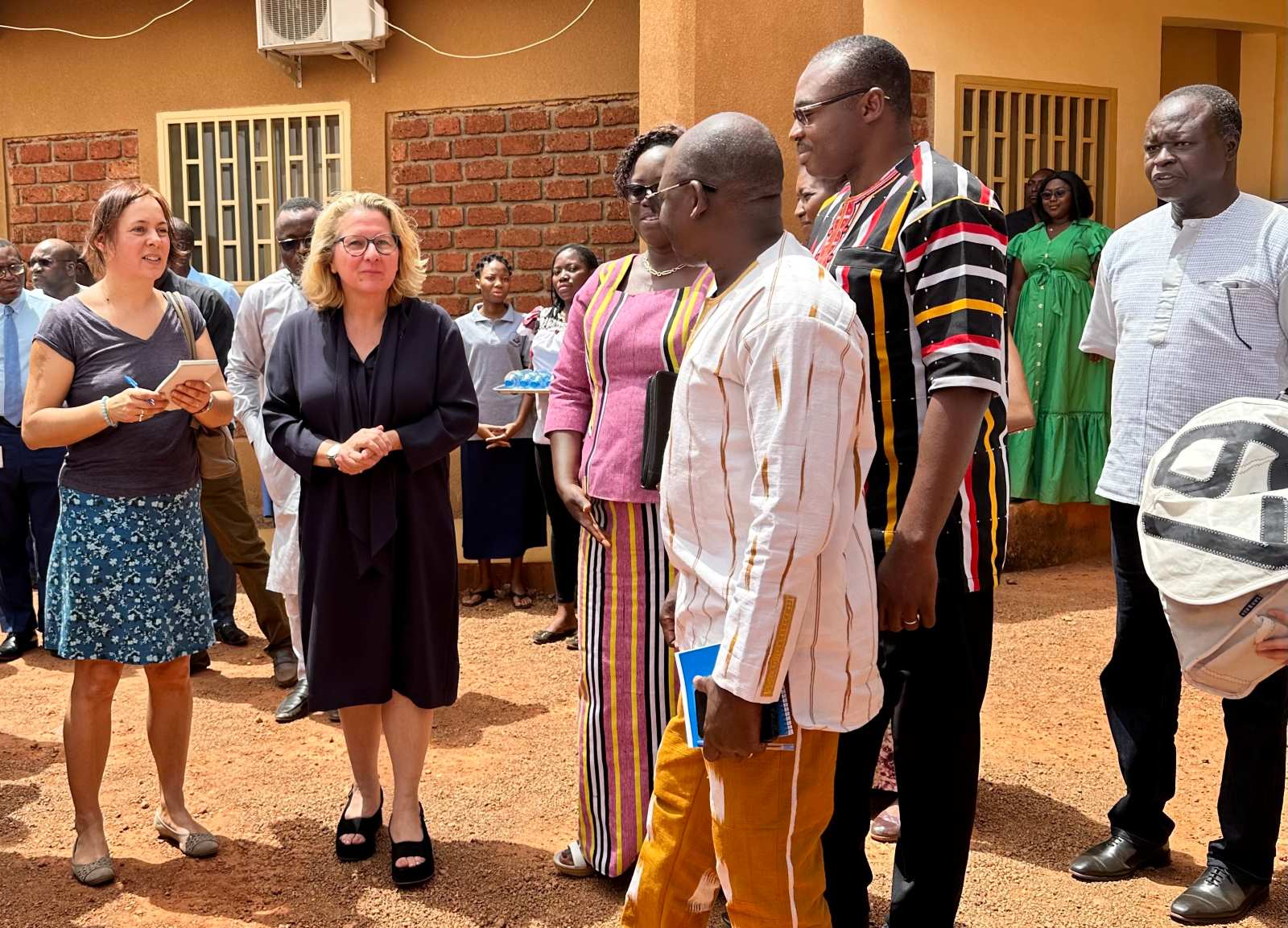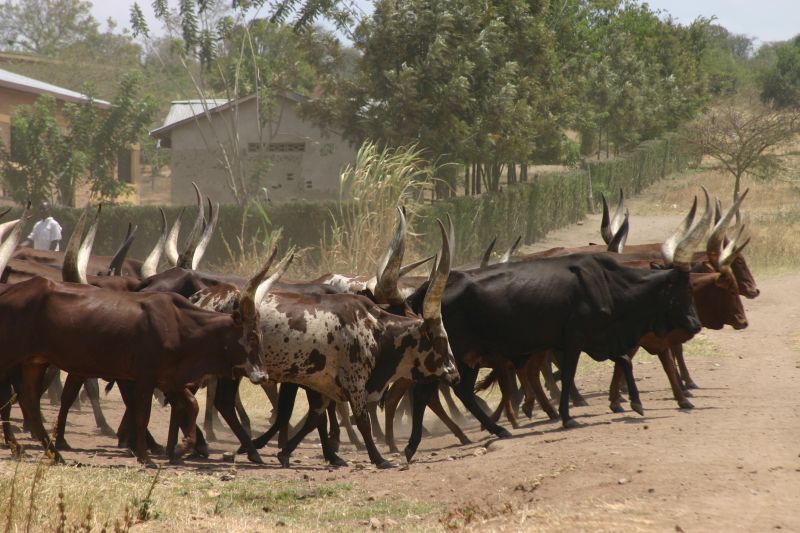Development assistance
Aid agencies warn of “flash in the pan”
In December 2008 the second UN Conference on Financing for Development will be held in Doha. By then, Germany’s Federal Government should spell out in detail how it intends to increase ODA to 0.51 % of the country’s gross national product (GNP). This is one of the central messages contained in “The reality of aid”, the latest in a 15-year series of annual reports produced jointly by the non-governmental organisations Deutsche Welthungerhilfe/German Agro Action and terre des hommes. The 0.51 % target was decided two years ago by the members of the European Union. The EU plans to boost ODA to 0.7 % of GNP by 2015.
To stay in line with the EU plan, the two agencies state, the Federal Government must increase German ODA from the present volume of just over € 8 billion to € 13 billion by 2010. However, their report anticipates a downturn in funding over the next few years. The sharp increases seen in recent years were due mainly to debt relief for Iraq and Nigeria. But that, the report argues, was a “flash in the pan” without any impact beyond 2009. The agencies warn that the additional ODA funds earmarked in medium-term financial plans of the Federal Government are not enough to make up for the shortfall. “Unless the Federal Government takes countervailing action from 2008 onwards, the gap between development-financing targets and reality will get wider and wider,” the authors warn.
One government practice sharply criticised by Welthungerhilfe and terre des hommes is that of treating part of the cost of placing students from developing countries at German universities as ODA. This swells German ODA figures artificially, the relief organisations claim, because none of the money flows into poor countries. According to the report, educational placement costs accounted for nine percent of total German ODA in 2006. In 2005, they reached a volume of € 745 million – more than the whole of Technical Cooperation in that year.
The Development Ministry (BMZ) rejects such criticism, stating that only those expenditures are counted that serve development according to OECD rules. These rules, the BMZ points out, acknowledge educational placement costs as ODA expenses.
In their recommendations, the report’s publishers engage at length with ODA critics such as ex-World Bankers William Easterly and Thomas Dichter. The way international development cooperation is practised is open to a great deal of legitimate criticism, the authors concede, but they find claims of experts like Kenyan economist James Shikwati incomprehensible. Shikwati argues that Africa would be better off without aid. Instead of abolishing aid, the two NGOs demand that donors improve it and help recipient countries to generate more revenues of their own. (ell)











